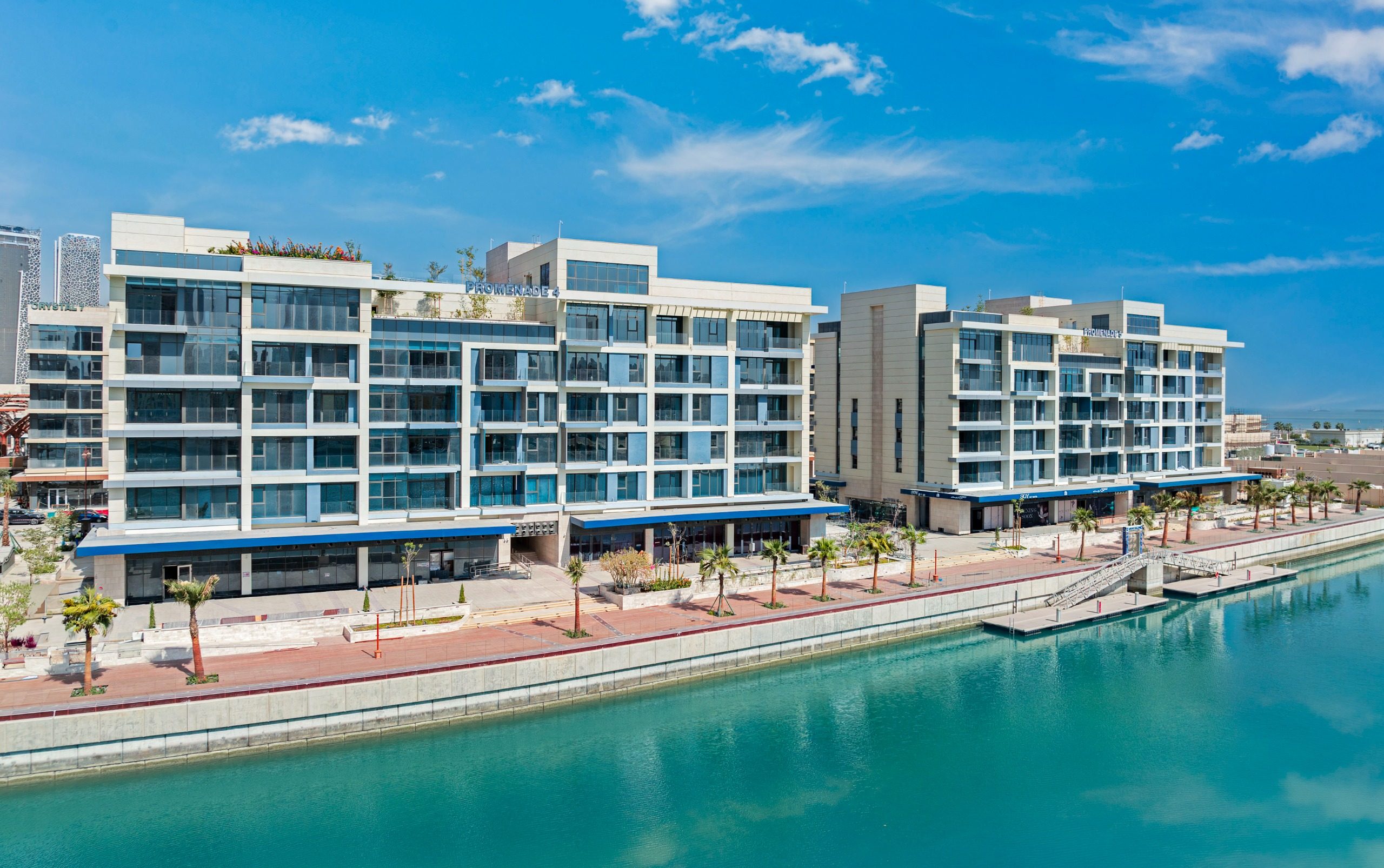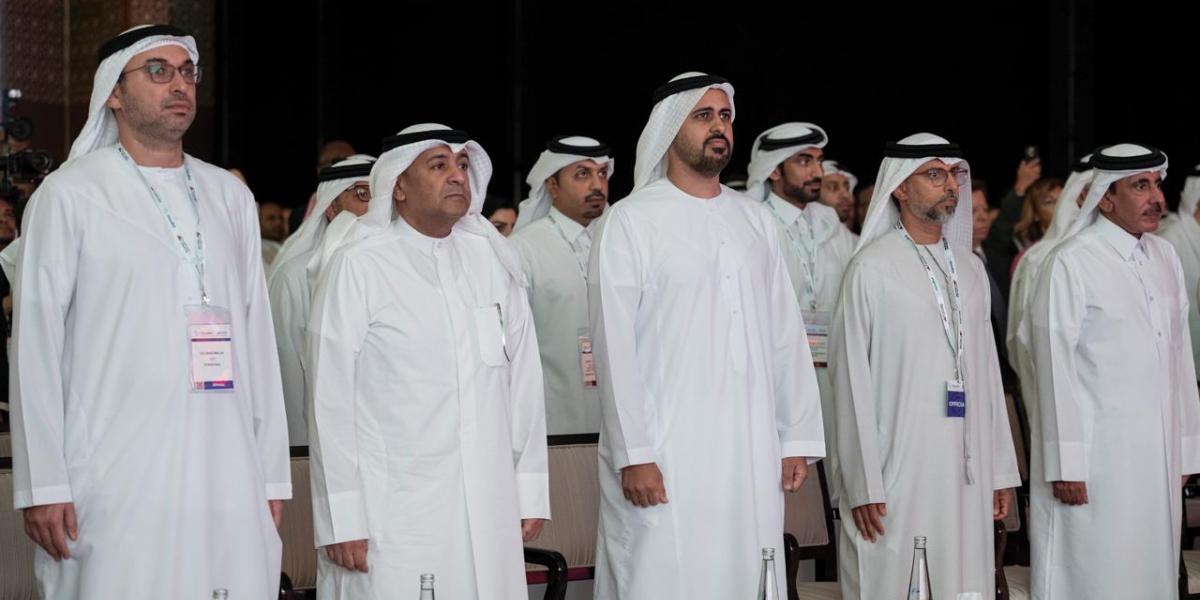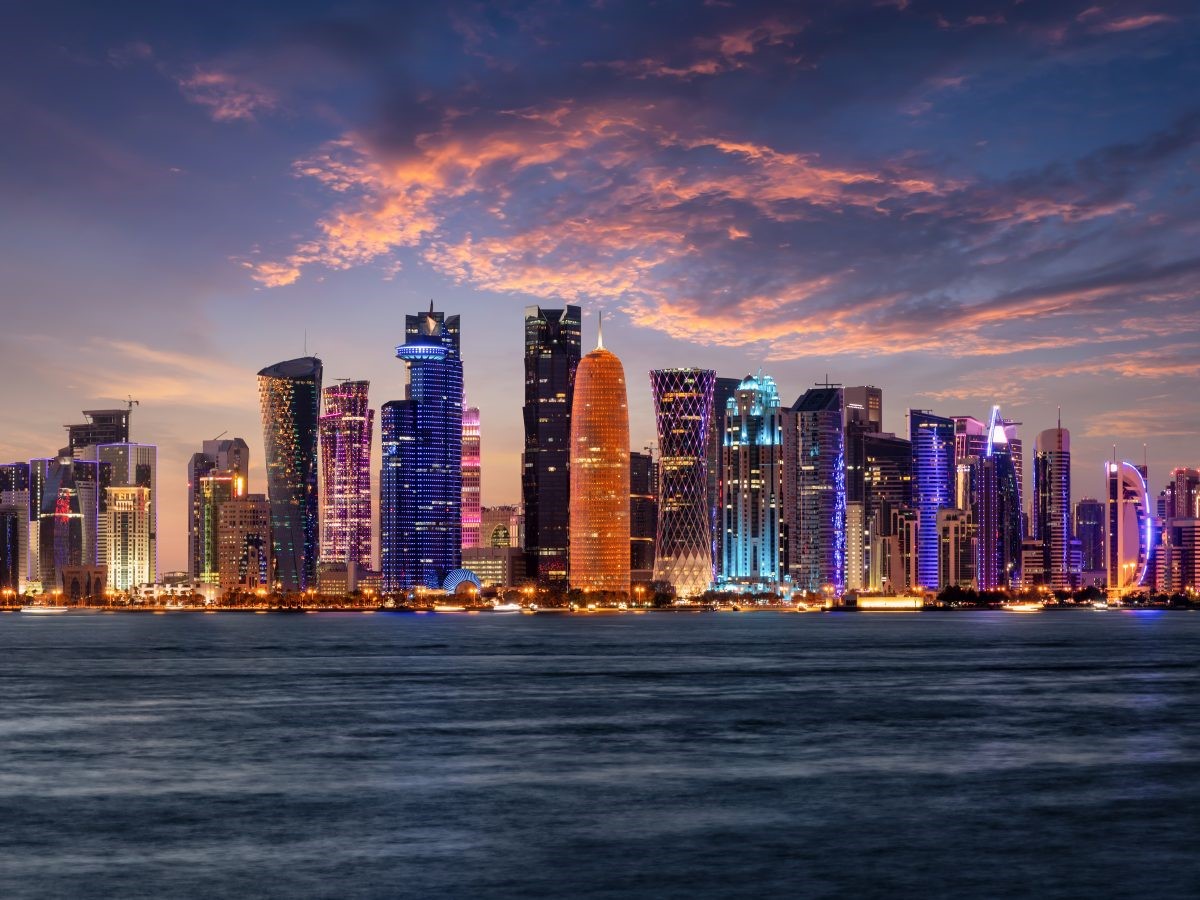
Qatar’s Emir has signed into law new amendments governing the renovation of residential buildings, as municipal authorities crack down on illegally partitioned villas that house expats.
On Sunday, Sheikh Tamim bin Hamad Al Thani amended Law No. 4 of 1985 regarding the organization of buildings and raised fines for expanding a home or changing its parameters through drilling or underground works without a permit.
The new rules, which have been in the works for several months, also limit the exterior color of buildings to those pre-approved by the municipality.
Beyond the increased penalties, it’s not clear what specific rules the new law changes, as legal experts have said it was already illegal to modify buildings without a permit.
The announcement comes at the same time as municipal inspectors appear to be stepping up enforcement of unauthorized villa alterations and amid a long-running campaign to relocate low-income laborers from residential areas.
Enforcement
According to the Gulf Times, authorities are aiming to reduce overcrowding, specifically in cases of smaller units constructed in yards or corridors.
While this type of accommodation poses safety hazards, some observers, including members of the Central Municipal Council, have suggested that the problem stems from increasing residential rents and a lack of affordable homes, especially among low-income expats and families with insufficient housing allowances.
In recent weeks, several foreign workers have expressed surprise and concern at the crackdown. Speaking to the Peninsula, an unnamed Filipina bank employee living in a partitioned villa with four other families said:
“How did they (the authorities) think of implementing such a law when the problem remains unaddressed? It’s a known fact that house rents are very high here and most middle-income families are depending on partitioned accommodations.”
The preferred solution, it seems, is to build massive new housing developments on Doha’s outskirts and beyond.
Out of town
Last year, the first residents moved into Barwa City, located between Mesaimeer and the Industrial area close to the Abu Hamour Church Complex. It’s envisioned to be a complete community with some 25,000 residents living in affordable housing alongside a supermarket, fitness center, playgrounds, a large mosque and a school.
However, last week, several real estate experts said that building large developments far away from major employment hubs and without public transit connections may not be a perfect solution, as residents who need affordable housing most typically struggle to pay for private transportation.
Barwa is also constructing a massive housing development for laborers called Barwa Al Baraha. The first of 20,000 expats are expected to move into Barwa’s “Worker’s City” in the Industrial Area next month.
When the subsequent phases are complete, the development is expected to house some 53,000 residents – at least some of whom are envisioned to live in units shared among six residents.
Authorities have been working to relocate male workers living in Qatar without their families out of established residential areas for several years.
In 2011-12, authorities issued a ban on laborers – often dubbed “bachelors,” even though many are actually married – living in established residential areas, although the lack of alternative housing made implementing the order problematic.
The move came after several Qatari families complained about “lack of respect from expatriate bachelors for local values and traditions and menaces to the Qatari way of life.”
Thoughts?







